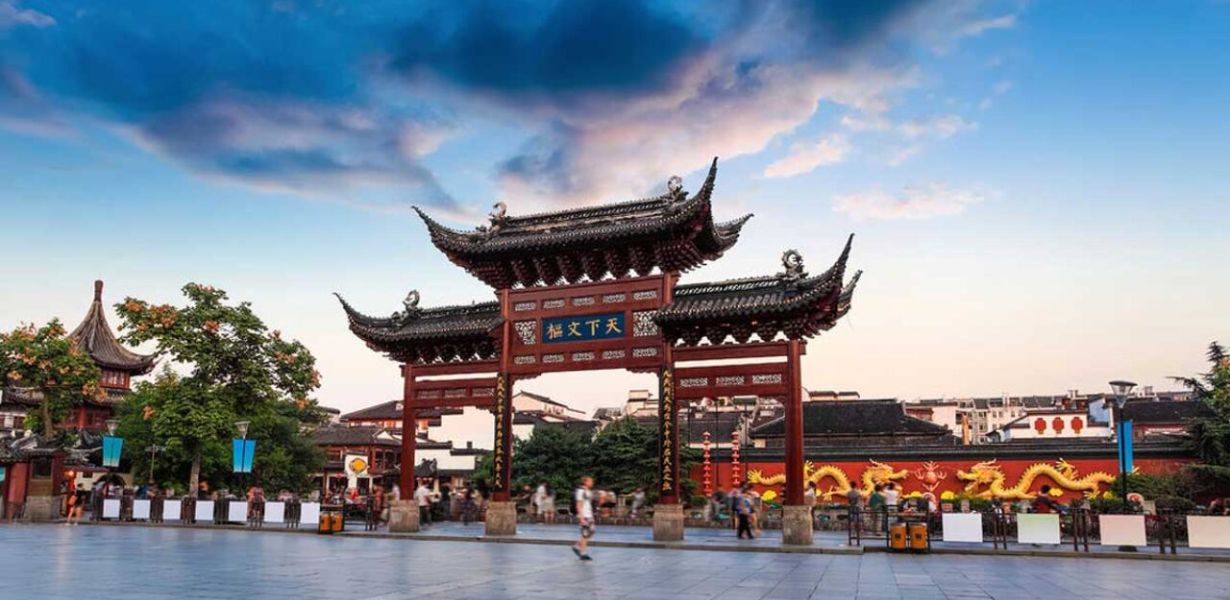
In the ever-evolving tapestry of global cultures, the Chinese heritage stands as a remarkable thread woven with history, art, cuisine, and traditions that have transcended time. As we delve into the intricate depths of Chinese heritage, we uncover a mosaic of customs, rituals, and practices that have not only shaped the nation but also influenced the world. At every corner of this vast land, a story unfolds, and we embark on a journey to explore the nuances that define Chinese culture, food, traditions, and the captivating cultural heritage of China.
A Glimpse into China’s Cultural Mosaic
China, with its millennia-old civilization, is a treasure trove of cultural diversity. Its sprawling landscape encompasses various ethnic groups, each contributing unique customs and traditions to the rich tapestry of Chinese heritage. From the bustling streets of Beijing to the serene landscapes of Yunnan, every region paints a distinct stroke on the canvas of culture.
The Culinary Symphony of Chinese Cuisine
Chinese culture food isn’t just about sustenance; it’s a sensory journey that marries flavors, aromas, and textures. From the fiery spices of Sichuan cuisine to the delicate artistry of dim sum, Chinese culinary traditions have taken the world by storm. The ingenious use of ingredients and techniques has yielded a diverse array of dishes, each a harmonious blend of taste and culture.
Chinese Culture and Traditions: Bridging the Past and Present
Anchored in a deep reverence for history, Chinese culture and traditions serve as a bridge connecting modern China with its ancient roots. Festivals like the Spring Festival (Chinese New Year) and the Mid-Autumn Festival evoke a strong sense of unity, as families gather to celebrate time-honored rituals that pay homage to ancestors and signify renewal.
Unveiling the Cultural Heritage of China’s Dynasties
The historical landscape of China is dotted with the legacies of various dynasties, each leaving an indelible mark on its cultural heritage. From the opulent artifacts of the Tang Dynasty to the philosophical teachings of Confucius from the Zhou Dynasty, these eras offer a profound understanding of China’s evolution through art, philosophy, and governance.
The Language Tapestry: Mandarin and Beyond
At the heart of Chinese heritage lies its language. Mandarin, with its intricate characters and tonal nuances, reflects the depth and complexity of Chinese culture. Beyond Mandarin, a myriad of dialects and languages color the linguistic landscape, revealing the interconnectedness of culture and communication.
Artistry Beyond Boundaries: Chinese Arts and Crafts
From delicate porcelain to intricate silk embroidery, Chinese artistry has mesmerized the world for centuries. Each stroke of calligraphy, every brushstroke on a scroll painting, and the meticulous crafting of jade artifacts narrate stories of creativity, aesthetics, and the profound impact of art on Chinese culture.
Traditional Chinese Medicine: Harmony of Body and Nature
Traditional Chinese Medicine (TCM) is a holistic approach to health that integrates the balance of Qi, the vital life force. Rooted in ancient beliefs, TCM encompasses acupuncture, herbal remedies, and practices like Tai Chi and Qigong. Its enduring relevance underscores the harmonious relationship between humans and nature.
Embracing Change: Modern Influences on Chinese Heritage
As China strides confidently into the modern era, its cultural heritage evolves to embrace new influences while safeguarding traditional values. Urbanization, technology, and globalization have ushered in a fusion of old and new, creating a unique landscape where ancient practices coexist with contemporary lifestyles.
Preserving Identity: Challenges and Triumphs
In the face of rapid change, efforts to preserve Chinese heritage remain crucial. While initiatives like UNESCO’s recognition of Intangible Cultural Heritage strive to protect fading traditions, cultural revival movements and the passion of the Chinese people themselves ensure that the flame of heritage burns brightly.
Final Words
As we journey through the labyrinthine corridors of Chinese heritage, we discover a nation defined by its captivating culture, delectable cuisine, and enduring traditions. From the ancient dynasties to the modern era, China’s cultural mosaic paints a picture of a civilization that honors its past while embracing the future.
Commonly Asked Questions
Q1: What is the significance of Chinese New Year in Chinese culture?
Chinese New Year, also known as the Spring Festival, holds immense importance in Chinese culture. It marks the beginning of the lunar new year and is a time for family reunions, feasting, and the exchange of blessings. The festival’s traditions, such as dragon and lion dances, symbolize luck, prosperity, and the driving away of evil spirits.
Q2: How has globalization impacted traditional Chinese practices?
Globalization has brought both challenges and opportunities to traditional Chinese practices. While it has facilitated the sharing of culture on a global scale, it has also led to concerns about cultural homogenization. Efforts to strike a balance between preserving heritage and embracing the modern world continue to shape China’s cultural landscape.
Q3: What role does Feng Shui play in Chinese culture?
Feng Shui, an ancient practice, focuses on harmonizing individuals with their surroundings to promote well-being and good fortune. It influences architecture, interior design, and city planning in China. The belief in harmonious energy flow, or “Qi,” underscores Feng Shui’s cultural significance.
Q4: How do Chinese opera and theater reflect cultural values?
Chinese opera, with its intricate costumes, stylized movements, and emotive storytelling, embodies cultural values and historical narratives. It showcases themes of loyalty, morality, and heroism, offering insights into societal norms and beliefs across different periods of China’s history.
Q5: What is the role of the family in Chinese cultural heritage?
The family is a cornerstone of Chinese culture and heritage. Filial piety, respect for elders, and the passing down of ancestral traditions hold great significance. Family gatherings during festivals and important occasions reinforce the interconnectedness between generations and the preservation of cultural values.





